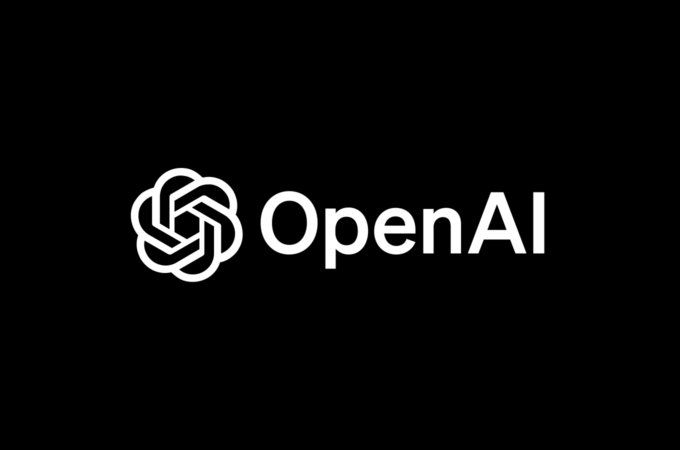
South Korea Joins Global Crackdown on Telegram Amid Deepfake Crisis
In a move that echoes recent actions taken by French authorities, South Korea has launched a preliminary investigation into the popular messaging app Telegram. The probe, initiated by the Seoul Metropolitan Police Agency, focuses on allegations that the platform may be complicit in facilitating the spread of deepfake pornography and other illicit content.
Woo Jong-soo, head of South Korea’s National Office of Investigation, confirmed the investigation, stating, “As France has done, the Seoul Metropolitan Police Agency launched an internal investigation into the corporate entity of Telegram before officially booking it. The charges are about abetting this crime.”
This development comes amidst a growing crisis in South Korea, where deepfake pornography has been targeting young women, including teenagers. The country has seen a sharp increase in deepfake-related sex crimes, with police receiving 88 reports of such offenses in just four days last week.
The investigation faces significant challenges due to Telegram’s stance on user privacy. Woo noted that “Telegram does not readily provide investigation data, such as account information, to us or other state investigative bodies, including those in the U.S.” To address this, South Korean authorities plan to collaborate with French investigators and other international institutions.
Telegram’s involvement in the dissemination of illicit content has been a growing concern globally. The platform’s founder and CEO, Pavel Durov, was recently arrested in France on charges related to facilitating organized crime, drug trafficking, and the distribution of child sexual abuse material.
In response to the growing crisis, the South Korean government has pledged to introduce tougher laws, potentially making the purchase or viewing of sexually exploitative deepfakes a criminal act. The Korea Communications Standards Commission (KCSC) has also requested that Telegram establish a direct hotline with South Korean authorities to better address illicit content on the platform.
While Telegram is not among the most widely used messaging apps in South Korea, with only around 3 million monthly active users as of April 2024, its perceived role in facilitating illicit activities has drawn significant attention from authorities.
The investigation into Telegram is part of a broader global crackdown on the platform, with India and Indonesia also considering similar actions. The European Union is reportedly investigating whether Telegram provided false user data for the EU market.





